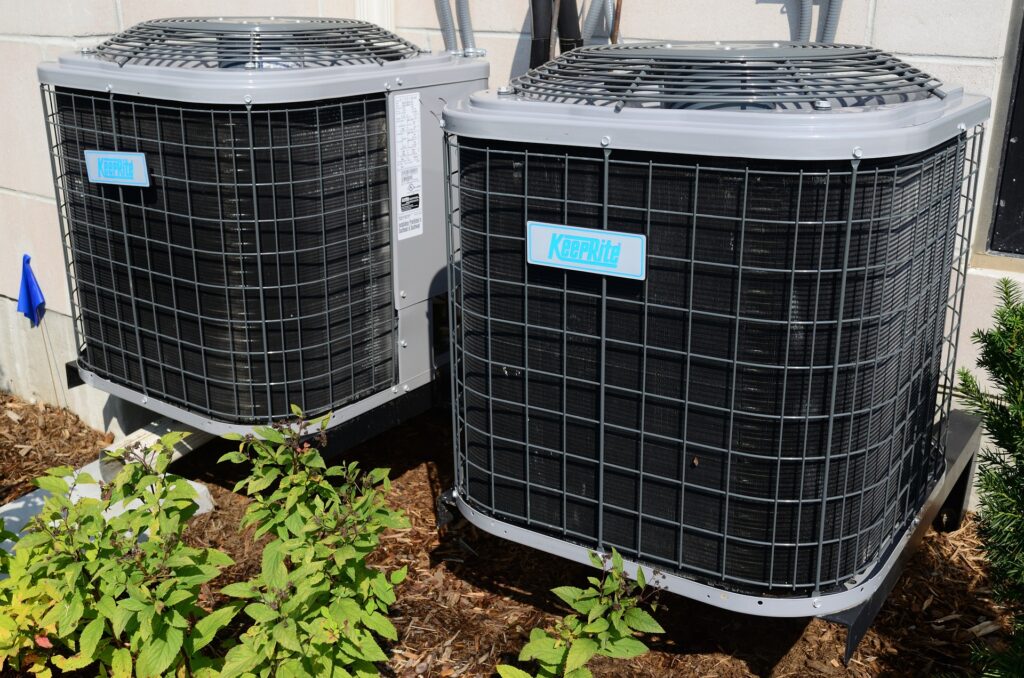In the Great White North, where temperatures can plummet to bone-chilling lows, having a reliable HVAC system isn’t just a luxury – it’s a necessity. But with a range of options available, how do you choose the right one for your Canadian home? This comprehensive guide is here to help you navigate through the decision-making process.
Understanding Canadian Climates and HVAC Needs
Canada is a country of diverse climates, from the icy tundra of the North to the milder coastal regions. Understanding your specific climate zone is crucial for selecting the most suitable HVAC system. For instance, homes in the frigid Prairies require robust heating solutions, while those in temperate coastal areas may benefit more from heat pumps.
Comparing HVAC Systems: Pros and Cons
Furnaces are a staple in Canadian homes, known for their efficiency in providing warmth during the cold winter months. They come in various fuel types, including natural gas, oil, and electric. Natural gas furnaces are the most common due to their cost-effectiveness and availability in urban areas.
Heat Pumps, on the other hand, are versatile systems that can both heat and cool your home. They work by extracting heat from the air or ground and transferring it indoors during winter, and vice versa in summer. While highly efficient, they may not be as effective in extremely cold climates.
Ductless Mini-Splits are a newer option gaining popularity. They offer high energy efficiency and zoning capabilities, making them suitable for homes with different temperature needs in various areas.
Sizing and Efficiency Considerations
One size does not fit all when it comes to HVAC systems. A unit that’s too small will struggle to meet your needs, while an oversized system can lead to inefficiency and higher energy bills. Consulting with a professional to perform a load calculation is essential for proper sizing.
Efficiency ratings, such as SEER (Seasonal Energy Efficiency Ratio) for cooling and AFUE (Annual Fuel Utilization Efficiency) for heating, indicate the system’s overall performance. Higher ratings signify better energy efficiency.
Maintenance and Longevity
Regular maintenance is the key to extending the lifespan of your HVAC system. Simple tasks like changing air filters, inspecting ductwork, and cleaning coils can prevent costly breakdowns and keep your system running smoothly.
Cost Considerations and Financing Options
While the initial cost of an HVAC system is a significant consideration, it’s equally important to weigh long-term savings. Energy-efficient systems may have a higher upfront cost but can lead to substantial savings over the years.
In Canada, there are various financing options available, including government incentives, rebates, and financing plans offered by HVAC companies. Exploring these options can help make your investment more manageable.
Selecting the right HVAC system for your Canadian home is a decision that should be approached thoughtfully. Consider your climate, compare different systems, size appropriately, and factor in long-term costs. Don’t hesitate to consult with HVAC professionals for personalized advice tailored to your specific needs and circumstances. A well-chosen system will not only keep you comfortable but also save you money in the long run.
